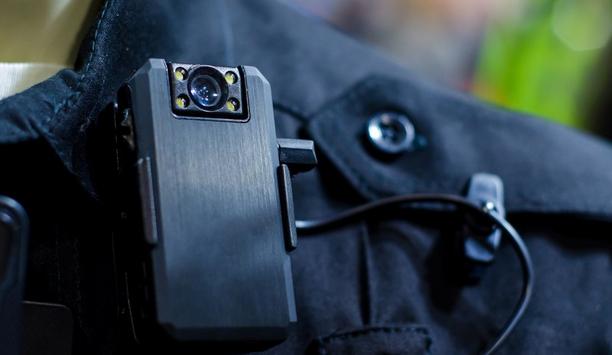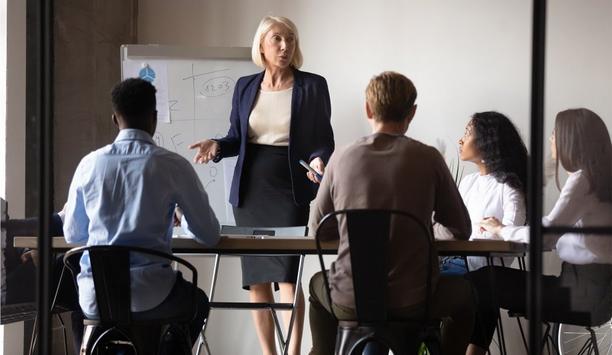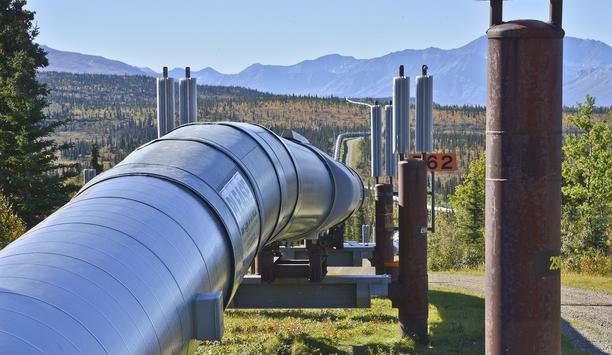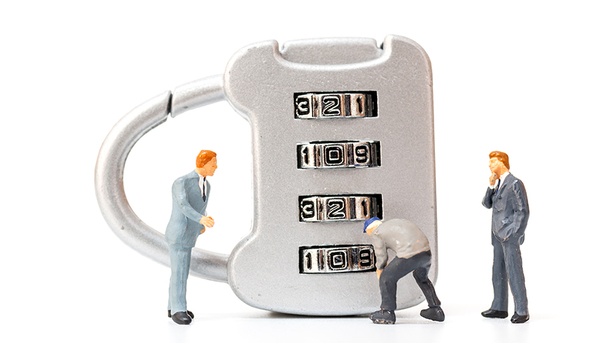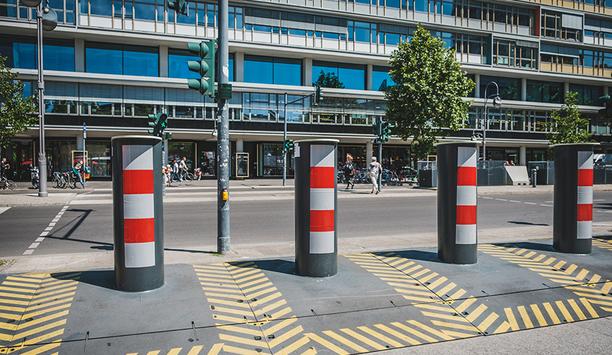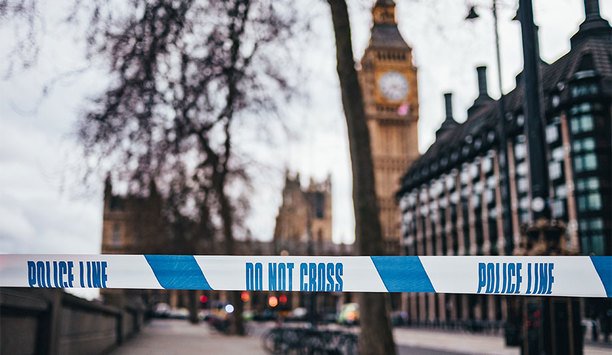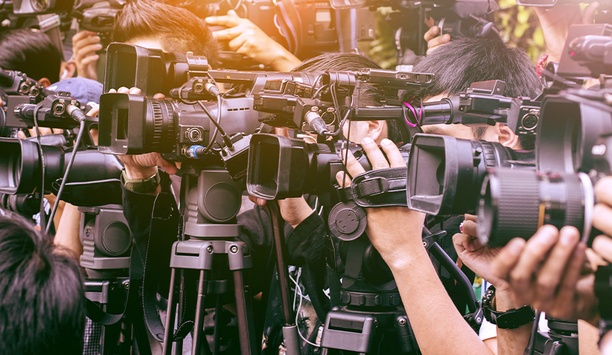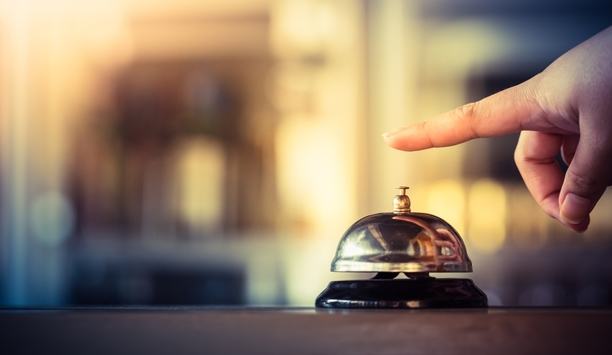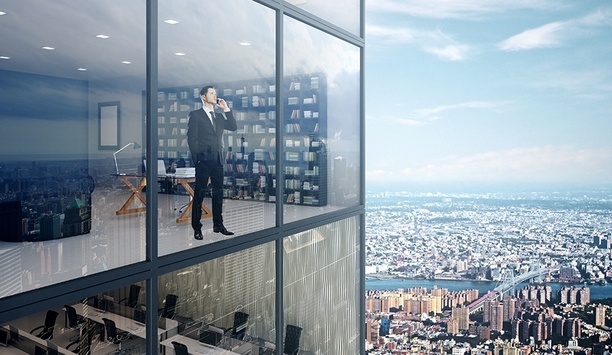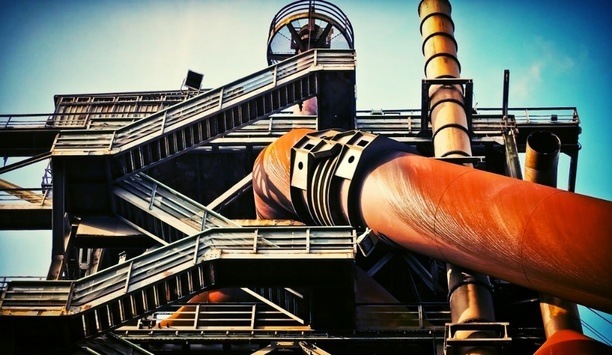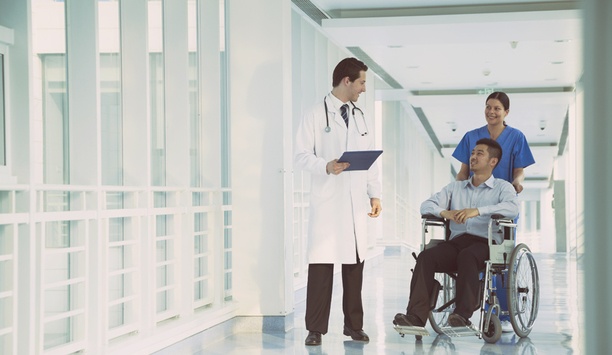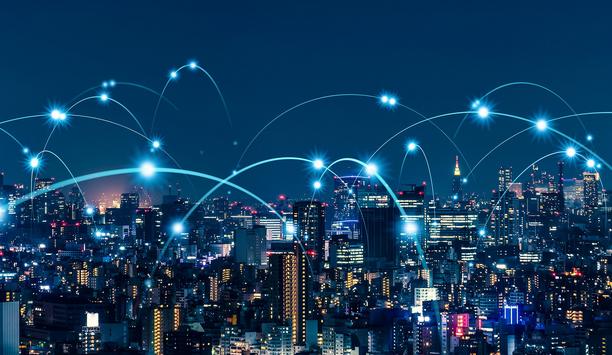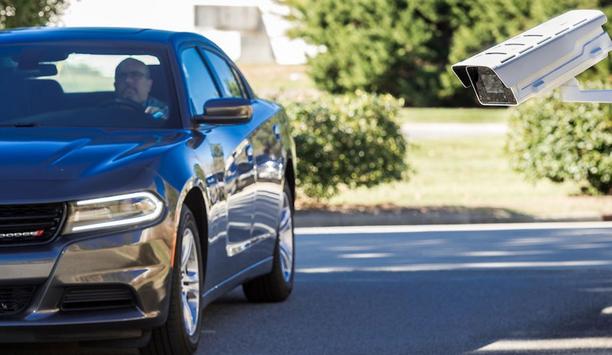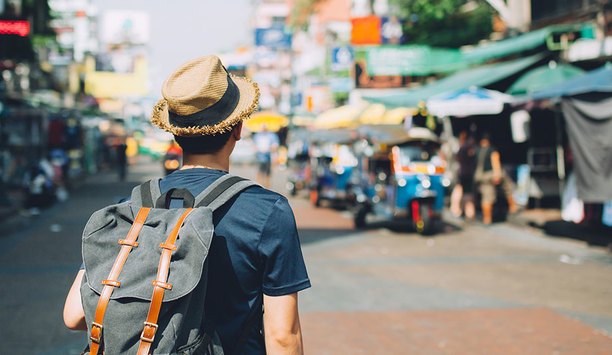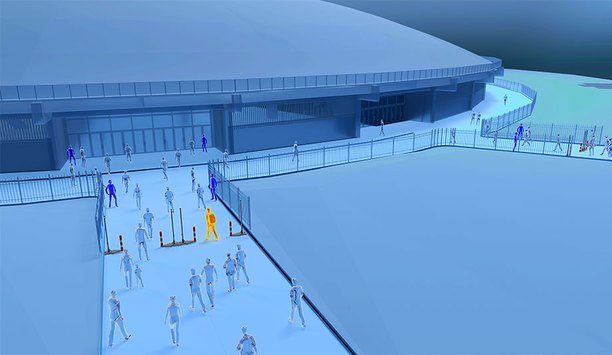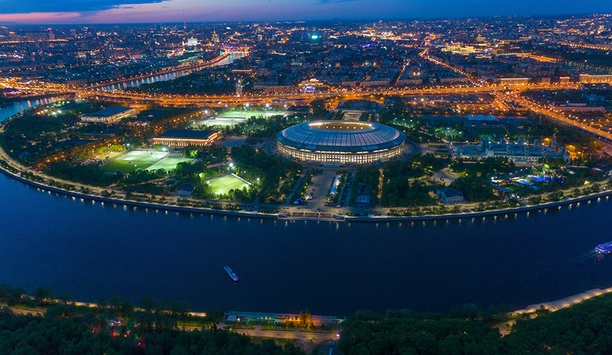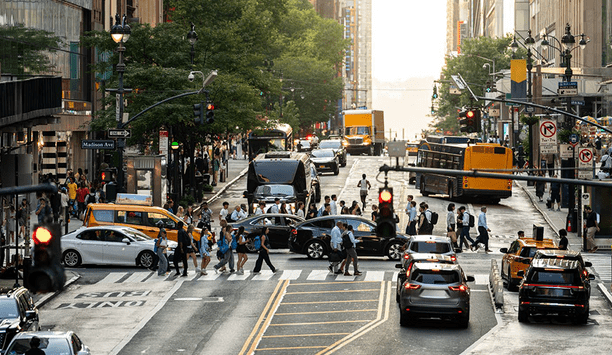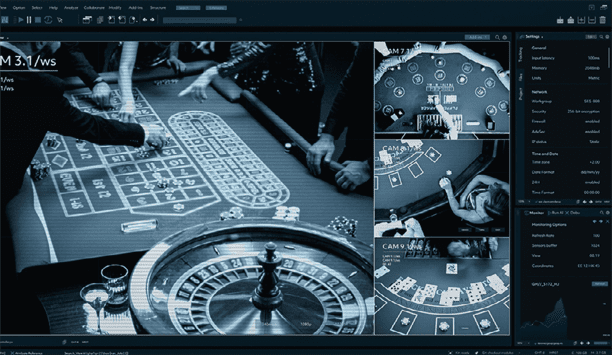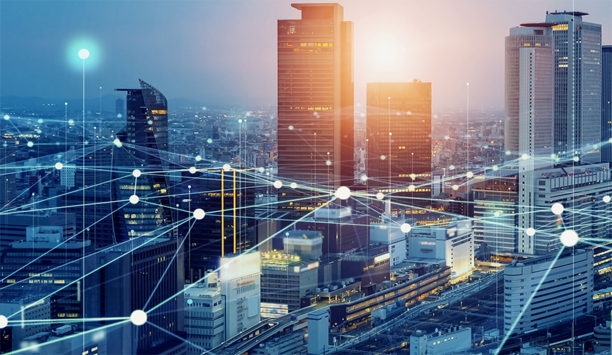
Counter terror - Round table discussions
The death of Michael Brown at the hands of police in Ferguson, Missouri, in August 2014, highlighted to the public, the importance of body-worn cameras. There was no bodycam footage of the Ferguson tragedy. Arguably, it would have shed additional light on the shooting. Since then, body cameras have become a tangible legacy of Ferguson, Missouri. Bodycam footage is seen as providing greater accountability and ensuring an impartial record that can support, or debunk, any claims of police miscondu...
A new generation of security professional is waiting in the wings. They will be faced with unprecedented challenges, as they seek to transform the security marketplace to the ‘next level’. Technology changes ensure the market will be very different 10 years from now and the fresh labor pool will need to be able to meet the host of new challenges. We asked our Expert Panel Roundtable: What exciting career opportunities in the security industry await the next generation?
Many of us take critical infrastructure for granted in our everyday lives. We turn on a tap, flip a switch, push a button, and water, light, and heat are all readily available. But it is important to remember that computerized systems manage critical infrastructure facilities, making them vulnerable to cyber-attacks. The recent ransomware attack on the Colonial Pipeline is an example of the new types of threats. In addition, any number of physical attacks is also possibilities. We asked this we...
The new year is several weeks old, so it is safe to say that many of our New Year resolutions have fallen by the wayside. Despite the limited success of our personal resolutions, the new year is a great time to take stock, look ahead, and plan to make 2020 the best year yet. Thinking about our industry as a whole, we asked this week’s Expert Panel Roundtable: What should be the security industry’s “New Year’s resolution?”
Public spaces provide soft targets and are often the sites of terrorist or active shooter attacks. Public spaces, by definition, require easy accessibility and unrestricted movement. Given that openness, what security technologies can provide real results? We asked this week’s Expert Panel Roundtable: How is technology innovation impacting the security of public spaces?
Statistically speaking, incidents of terrorism are unlikely to impact most businesses and institutions. However, the mere possibility of worst-case-scenario attacks is enough to keep security professionals awake at night. Compounding the collective anxiety is the minute-by-minute media coverage when an attack does occur. The immediacy of the shared experience of global tragedy impacts us all – including security system decision-makers. We asked this week’s Expert Panel Roundtable: Ho...
When security topics become a part of current events, it is usually in a negative light. Security generally only becomes news when it fails, sometimes in a dramatic, high profile and tragic way. However, security failures can also shed light on lessons learned and opportunities to improve. Working toward better security can translate into the purchase of more goods and equipment supplied by our market. For additional insights into the intersection of security and current events, we asked this we...
Hospitality businesses work to provide a safe and pleasant customer experience for their guests. Hotels offer a “home away from home” for millions of guests every day around the world. These are businesses of many sizes and types, providing services ranging from luxury accommodations to simple lodging for business travelers to family vacation experiences. Hospitality businesses also include restaurants, bars, movie theaters and other venues. Security needs are varied and require tech...
Social media is part of our everyday lives, and increasingly it is also part of the security marketplace. Social media can be used for effective marketing and to communicate with customers, and it can be leveraged as a tool to make us all more secure. Communicating information in a crisis is another role social media can play to promote security. To elaborate on social media’s increasingly vital presence in the security marketplace, we asked this week’s Expert Panel Roundtable: What...
Enterprise customers provide a large, and very lucrative, business opportunity for the physical security market. These customers include big global companies with plenty of revenue to spend and employees and facilities to protect. As a group, enterprise customers also tend to be a demanding lot, requiring systems that are large, scalable, that can operate across a wide geographic area, and that provide top-notch system performance. Enterprise customers set the standards of performance for the en...
It seems there are more “bad things” happening than ever before. We hear news every day of workplace shootings and terrorist attacks, of smash-and-grab thefts and child abductions. Beyond the possible human tragedy involved, such events pose a persistent question to anyone involved in the realm of security: Could we have prevented it? The first step toward prevention is to predict or foresee an event before it happens. Too often, technology enters the picture after the fact, most com...
They call it “critical” for a reason. The so-called “critical infrastructure” is composed of the basic services that citizens have come to depend on, and which are necessary to support society and ensure national stability. The term includes high-visibility segments such as airports, refineries, transportation, wastewater, nuclear reactors, electric utilities, pipelines, and more. Because these functions are so critical, the stakes of providing security are higher than fo...
As the new school term begins, awareness of security at all levels of educational institutions is higher than ever. Technology plays an important role in protecting educational facilities and their students, faculty, staff and visitors. Specific security challenges drive which technologies and other measures are used, and those challenges are evolving, along with the dynamic institutions security is tasked with protecting. We asked this week’s Expert Panel Roundtable: What are the security...
The world of politics, like the world of security, is an environment of constant change. But do changes in one have an impact on the other? Governments around the world are involved in buying a wide variety of physical security systems, so how those governments operate certainly affects how they spend money on security. But in a broader sense, governments (and the associated political forces at work) also impact how their citizens and those in the private sector view threats and, as a logical ex...
Hospitals and healthcare facilities are an important vertical sector in the physical security market. Protecting healthcare facilities is a rich opportunity to leverage the value of physical security systems that range from video to access control to newer location and asset protection systems. But understanding how technology can excel in the healthcare vertical requires that we first identify and understand what these institutions need. Therefore, we asked this week’s Expert Panel Roundt...
